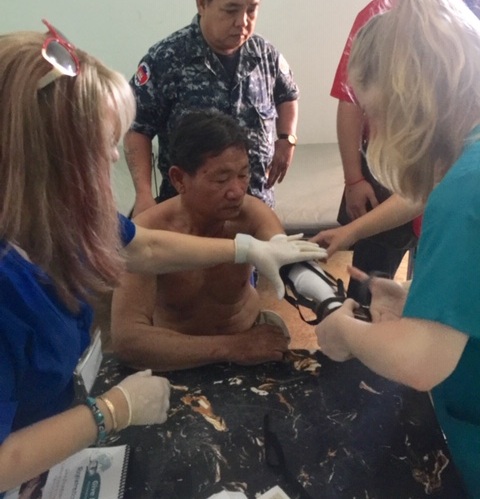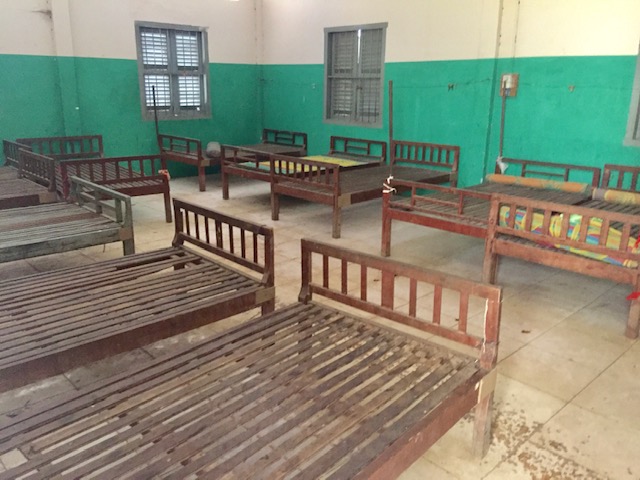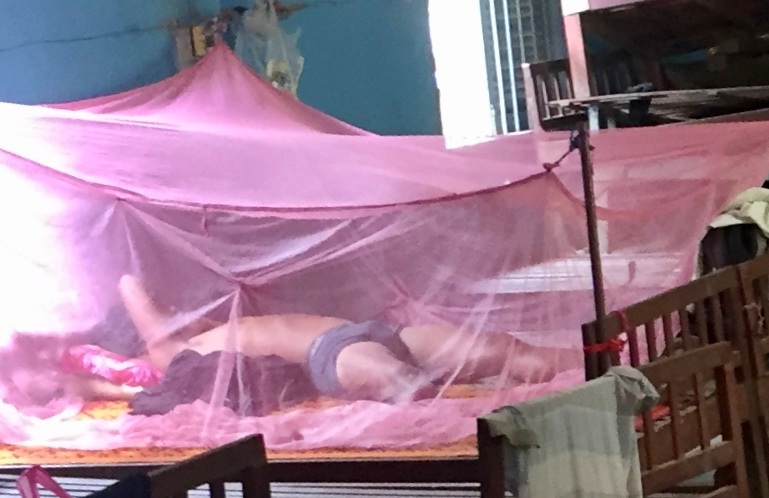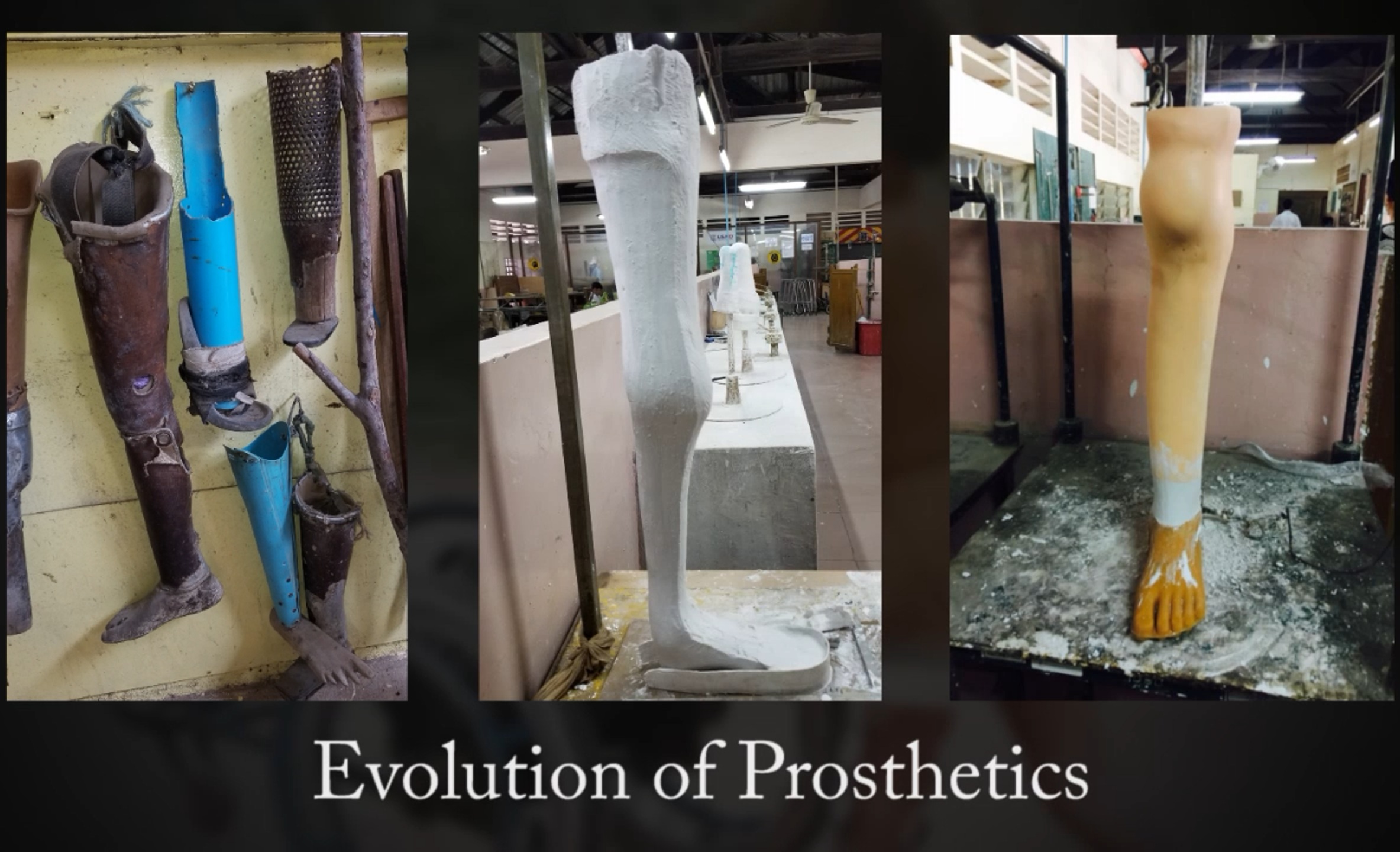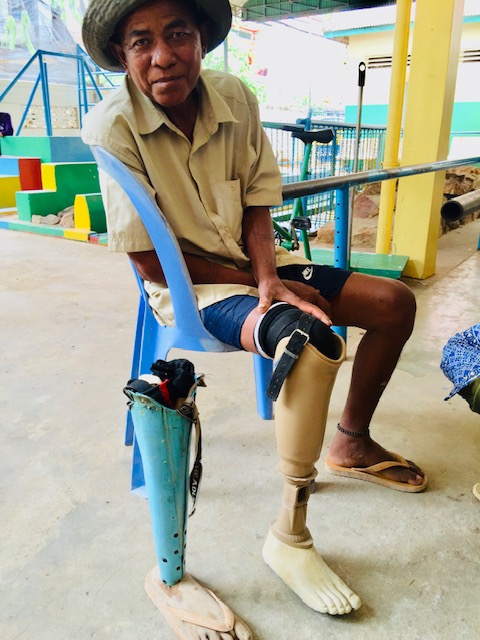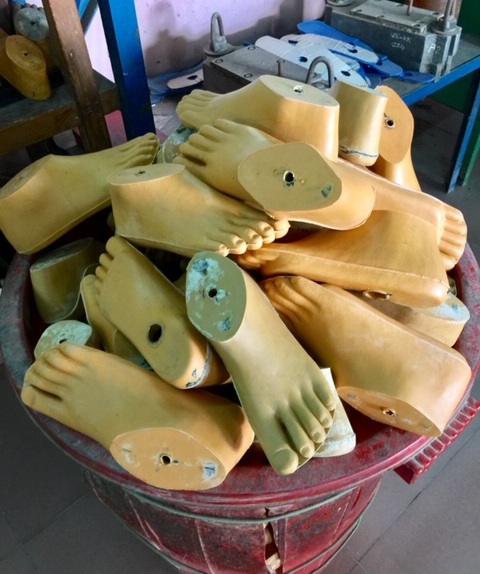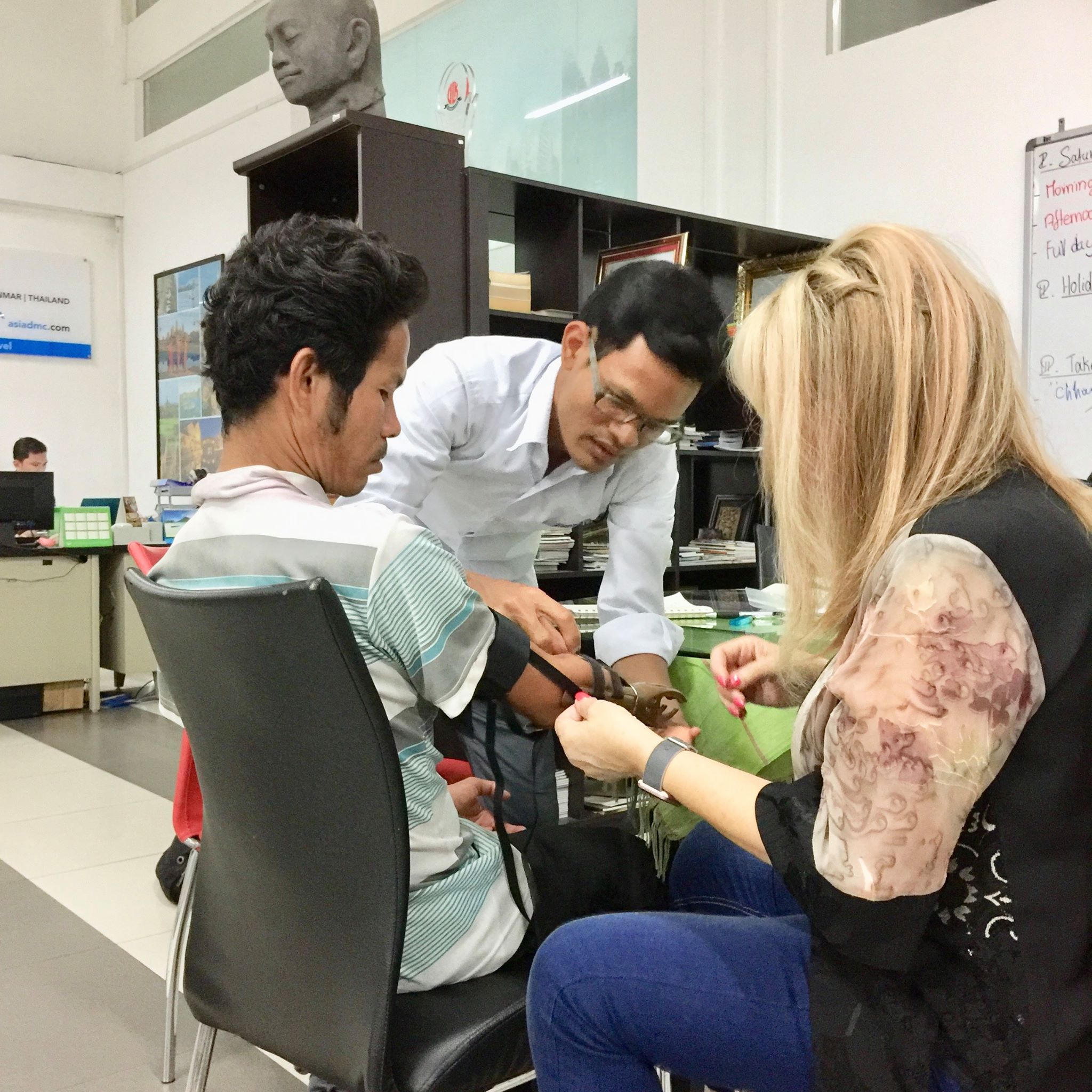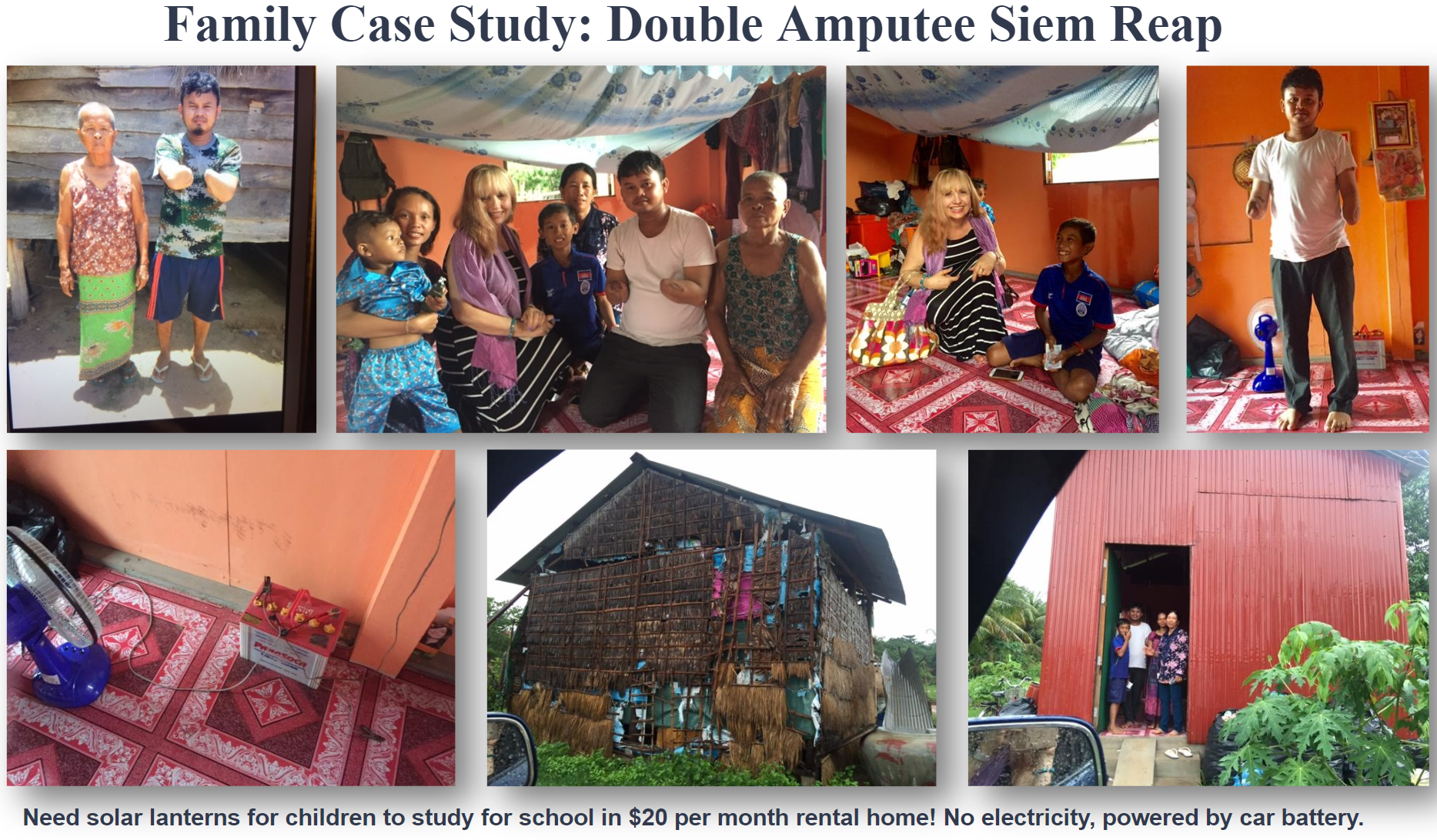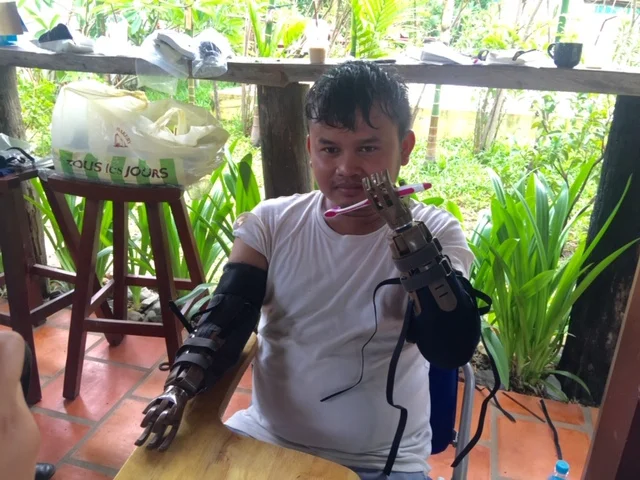Disability Outreach & Services
Prosthetic limbs
Did you know that loss of limbs in Cambodia is among the highest in the world? A massive concentration of land mines and explosives were planted or dropped during the war-torn 1970’s. Many of these devices have not been detonated; so almost each day, somewhere in Cambodia, someone will step on something or pick up something shiny, and it will explode, causing major damage.
Work-related injuries, particularly involving exposed electric wires or machinery, are another factor contributing to loss of limbs in Cambodia. Sadly, workplace safety is often not regulated.
SHE has provided 60 hands over the last four years. SHE provides a hand (the LN-4) and refers amputees as well to the local Cambodian disability center if accessible.
Disability centers can often provide legs and hands, along with rehabilitative exercises, food and lodging. The average time required for leg rehabilitation is 30 days in the center, for a total cost of $120 per patient per month. The legs are provided free.
Congenital disabilities, vision, and other disabling disorders
In Cambodia, cerebral palsy, developmental disabilities, MEC (meningoencephalocele), and other congenital disorders are often not understood. These children’s lives will remain severely limited if parents do not have knowledge of/access to rehabilitation services-- or affordable treatment in the case of MEC.
Disorders involving vision, such as pterygium and cataracts, need timely treatment, but for most this is unaffordable. During our previous SHE missions, we have found entire villages of inhabitants who do not know they have vision problems that can lead to blindness.
What can SHE do to assist?
Provide hands to amputees
Refer/make appointments at local disability centers for other adults and children needing limbs
Support screening for cataracts and pterygia and refer for surgery to local clinics and hospitals
Educate local students and healthcare providers about existing disability centers and other specialized services for those with disabilities, including creation of a referral resource directory
Partner with local philanthropists to provide assistance for those in need within their communities
Sponsor those who need treatment or services through fundraising activities


